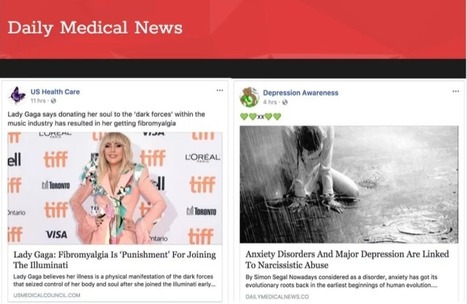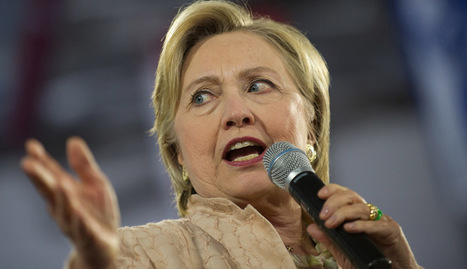As ad dollars that used to fund journalism pour into the coffers of Facebook and Google, the information business is experiencing a trend familiar to other American industries: The product they produce is now competing with cheaper versions coming from overseas.
Content farmers in the Philippines, Pakistan, Macedonia (of course), and beyond are launching websites and Facebook pages aimed at Americans in niches such as politics, mental health, marijuana, American muscle cars, and more.
Based on Facebook engagement and other metrics, some of these overseas publishers are now beating their American counterparts. In the process they’re building an industry centered on producing and exporting cheap (and sometimes false) information targeted at the US.
“This is like all of the basic stuff happening in economics and politics today,” said Tyson Barker, a political economist with the Aspen Institute Germany who specializes in international economic policy. “It's a globalization trend and you've seen it also in manufacturing and other industries.”
Research and publish the best content.
Get Started for FREE
Sign up with Facebook Sign up with X
I don't have a Facebook or a X account
Already have an account: Login
Social marketing, PR insight & thought leadership - from The PR Coach
Curated by
Jeff Domansky
 Your new post is loading... Your new post is loading...
 Your new post is loading... Your new post is loading...
|
|













Here's a thoughtful post by Craig Silverman on the impact of globalization on journalism and publishing. Recommended reading! 10/10